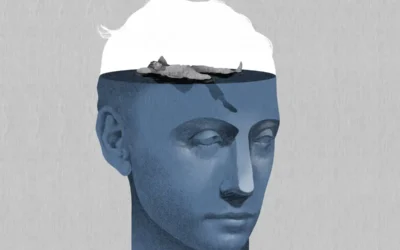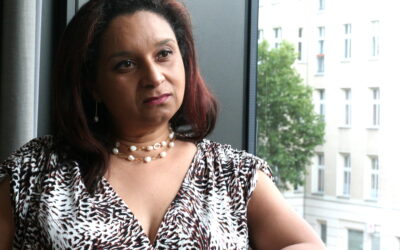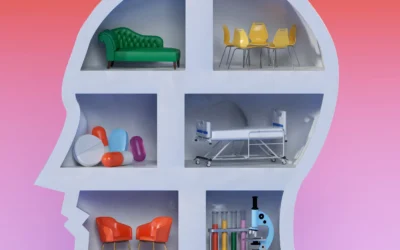Podcast: Play in new window | Download (Duration: 45:53 — 36.9MB)
Subscribe: Apple Podcasts | Spotify | Amazon Music
Let’s get real about not being a perfect parent or partner so we can do both better! Regulation before reflection!
We were so excited about our first interview with NYT best-selling author Tina Payne Bryson that for the first time we are bringing a guest back for a second interview! Sue Marriott, co-host of Therapist Uncensored and Dr. Payne-Bryson get real about parenting when you don’t have a secure background yourself. They cover constructing a coherent narrative and why that’s not really enough, and what needs to be added to the equation. They also get into what healthy integration means and how it helps us navigate under stress and in the heat of an argument. They lay out the grief process in relation to our own parents and how that can open up possibilities of mending old ruptures and creating new growth. Finally they really get into the role of the body over the mind in creating the bottom line, a healthy regulation of self to help others.
Who is Tina Payne Bryson?
She is co-author with Dr. Dan Siegel of The Whole Child Brain, The Yes Brain and No-Drama Discipline and founder of The Center for Connection in Pasadena. Dr. Bryson keynotes conferences for parents, educators, and clinicians all over the world, and she has written for numerous publications such as the PBS series “This Emotional Life.” She makes frequent media appearances at venues like TIME, “Good Morning America,” Huffington Post, Redbook, The New York Times, and Real Simple. She is the Child Development Specialist at Saint Mark’s School in Altadena, the Director of Parenting Education at the Mindsight Institute, the Director for Child Development for Camp Chippewa in Cass Lake, Minnesota, and the Child Development Director for Lantern Camps.
Listen to the first one, Episode 27 Raising Secure Children
Like this and want to hear more? Join our email list here, subscribe to Tunes here or sign up for the waiting list for our free online course on Modern Adult Attachment here! We may read your review on air, please rate and review us on your favorite podcast player, it helps so much!!
Finally – this is the easiest of all – “Like” our public Facebook page here to get updated popular articles on these subjects of interest.
0:00 – 15:00
Intro
Tina’s current interests are essentially any and everything that comes back to regulation and thinking about it in a bottom up orientation
Attachment
Creating a cohesive narrative begins with stabilizing a cohesive physical state in your body. Regulation needs to occur before reflection
Information you know doesn’t necessarily have the capacity to change how you feel
Integration & Alan Schore
Factual memories/details in left hemisphere, information taken from the body, procedural memory is right hemisphere. Once integrated, there’s a flow of information between them. When emotions are high, the rational thought is more difficult to access.
15:00 – 30:00
Problem of counter-empathy for other people’s problems when you’re in an emotional state, particularly in regards to children
Attention as a vital need for a child
Development for children, toddlers and adolescents
Tina’s own personal experiences with her parents and children related to attachment and empathy
Vulnerability
Tina’s experience losing her father and reshaping her narrative about his dismissive nature through understanding attachment
Problem of having extensive knowledge of neurobiological and psychological effects distancing therapists from their own personal grief
Tina’s experience with attachment in terms of varying messages of condolence when her father passed
Nurturing a healthier relationship with Tina’s father after his death – allowing for a positive mental space when envisioning their relationship
30:00 – 46:00
Seizing the opportunity to reinvent how you view past relationships
Loss can open up new things in your life
Allowing your body to heal since mind is in pain. Regulating yourself with bodily cues and allowing for vulnerability.
Relationship is bottom up. Issues within a relationship are on the backburner, the relationship itself should be on the front burner.
Us of the four S’s: safe, seen, soothed and secure.
Parent-child relationship: when connection is embodied and you can show empathy, the child feels understood and powerful moments ensue
Sue’s anecdote about talking with her son about their relationship and upcoming time apart. Sometimes the security you instill in your children can reverse itself on you in a positive way.
Wrap up and outro.
Additional resources for this episode:
- Printable PDF — The Whole Brain Child with permission by Tina Payne Bryson.
- Printable PDF — No Drama Discipline refrigerator sheet, with permission by Tina Payne Bryson
- Tina Payne Bryson website has tons of free resources.
- The Center for Connection – more resources here
- Tina Payne Bryson and Dan Siegel: No Drama Discipline Workbook Exercises, Activities and Practical Stragegies
- Tina Payne Bryson and Dan Siegel: The Whole Brain Child
- Tina Payne Bryson and Dan Siegel: No Drama Discipline
- Science of the Art of Psychotherapy by Alan Schore
- These and other resources have been collected for you on our Resources page!













